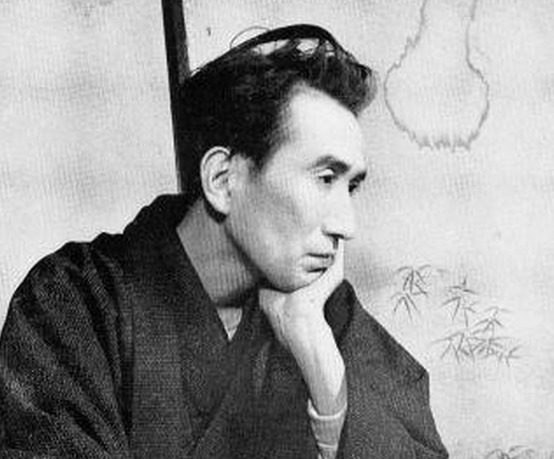太宰治の代表作の一つに数えられる「人間失格」。70年以上も昔に書かれた作品でありながらも、現在も読み継がれているこの作品は、昭和初期を代表する名作だといえるでしょう。今回は、「人間失格」に登場する名文を英語でご紹介します。
人間失格が書かれた背景
人間失格は、1948年3月から執筆され、2ヵ月後の5月に脱稿されました。その1ヵ月後、太宰治は、玉川上水で山崎富江と入水心中をしてこの世を去ります。同年5月から新聞に連載小説「グッバイ」を掲載していましたが、未完のため、実質的に「人間失格」が最後の作品とみなされています。「人間失格」の主人公である大庭葉蔵の人生は太宰治と重なる部分も多く、半分私小説、半分フィクション小説と捉えられています。
■人間失格の名文の英語バージョンは?
Mine has been a life of much shame. I can’t even guess myself what it must be to live the life of a human being.
恥の多い生涯を送って来ました。自分には、人間の生活というものが、見当つかないのです。
In other words, you might say that I still have no understanding of what makes human beings tick.
つまり自分には、人間の営みというものが未だに何もわかっていない、という事になりそうです。
My apprehension on discovering that my concept of happiness seemed to be completely at variance with that of everyone else was so great as to make me toss sleeplessly and groan night after night in my bed. It drove me indeed to the brink of lunacy.
自分の幸福の観念と、世のすべての人たちの幸福の観念とが、まるで食いちがっているような不安、自分はその不安のために夜々し、転輾し、呻吟し、発狂しかけた事さえあります。
This was how I happened to invent my clowning. It was the last quest for love I was to direct at human beings. Although I had a mortal dread of human beings I seemed quite unable to renounce their society. I managed to maintain on the surface a smile which never deserted my lips; this was the accommodation I offered to others, a most precarious achievement performed by me only at the cost of excruciating efforts within.
そこで考え出したのは、道化でした。それは、自分の、人間に対する最後の求愛でした。自分は、人間を極度に恐れていながら、それでいて、人間を、どうしても思い切れなかったらしいのです。そうして自分は、この道化の一線でわずかに人間につながる事が出来たのでした。
Even supposing I could deceive most human beings into respecting me, one of them would know the truth, and sooner or later other human beings would learn from him. What would be the wrath and vengeance of those who realized how they had been tricked! That was a hair-raising thought.
人間をだまして、「尊敬され」でも、誰かひとりが知っている、そうして、人間たちも、やがて、そのひとりから教えられて、だまされた事に気づいた時、その時の人間たちの怒り、復讐は、いったい、まあ、どんなでしょうか。想像してさえ、身の毛がよだつ心地がするのです。
To appeal for help to any human being—I could expect nothing from that expedient.
人間に訴える、自分は、その手段には少しも期待できませんでした。
Women found in me a man who could keep a love secret.
つまり、自分は、女性にとって、恋の秘密を守れる男であったというわけなのでした。
I felt as if I had seen the world before me burst in an instant into the raging flames of hell. It was all I could do to suppress a wild shriek of terror.
自分は、世界が一瞬にして地獄の業火に包まれて燃え上るのを眼前に見るような心地がして、わあっ! と叫んで発狂しそうな気配を必死の力で抑えました。
I have always found the female of the human species many times more difficult to understand than the male.
自分には、人間の女性のほうが、男性よりもさらに数倍難解でした。
Women sleep so soundly they seem to be dead. Who knows? Women may live in order to sleep.
女は死んだように深く眠る、女は眠るために生きているのではないかしら
People talk of “social outcasts.” The words apparently denote the miserable losers of the world, the vicious ones, but I feel as though I have been a “social outcast” from the moment I was born. If ever I meet someone society has designated as an outcast, I invariably feel affection for him, an emotion which carries me away in melting tenderness.
日陰者、という言葉があります。人間の世に於いて、みじめな、敗者、悪徳者を指差していう言葉のようですが、自分は、自分を生まれた時からの日陰者のような気がしていて、世間から、あれは日陰者だと指差されているひとと逢うと、自分は、必ず、優しい心になるのです。そうして、その自分の「優しい心」は、自身でうっとりするくらい優しい心でした。




